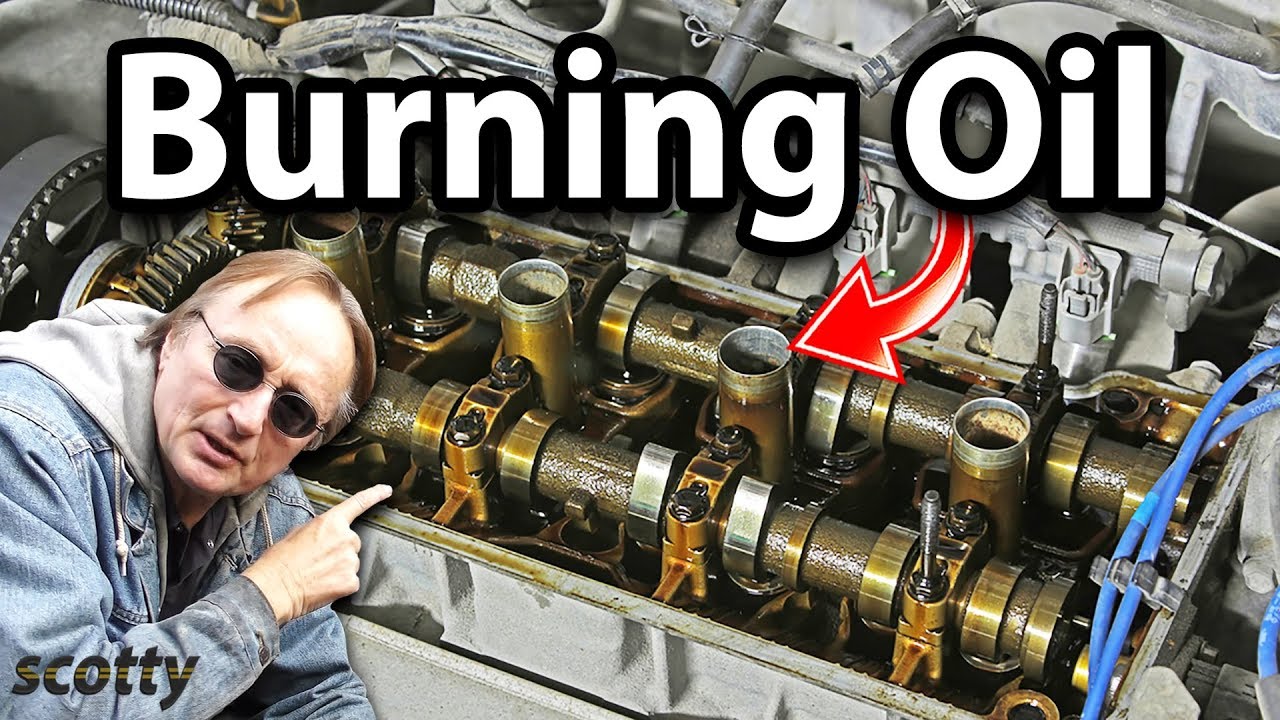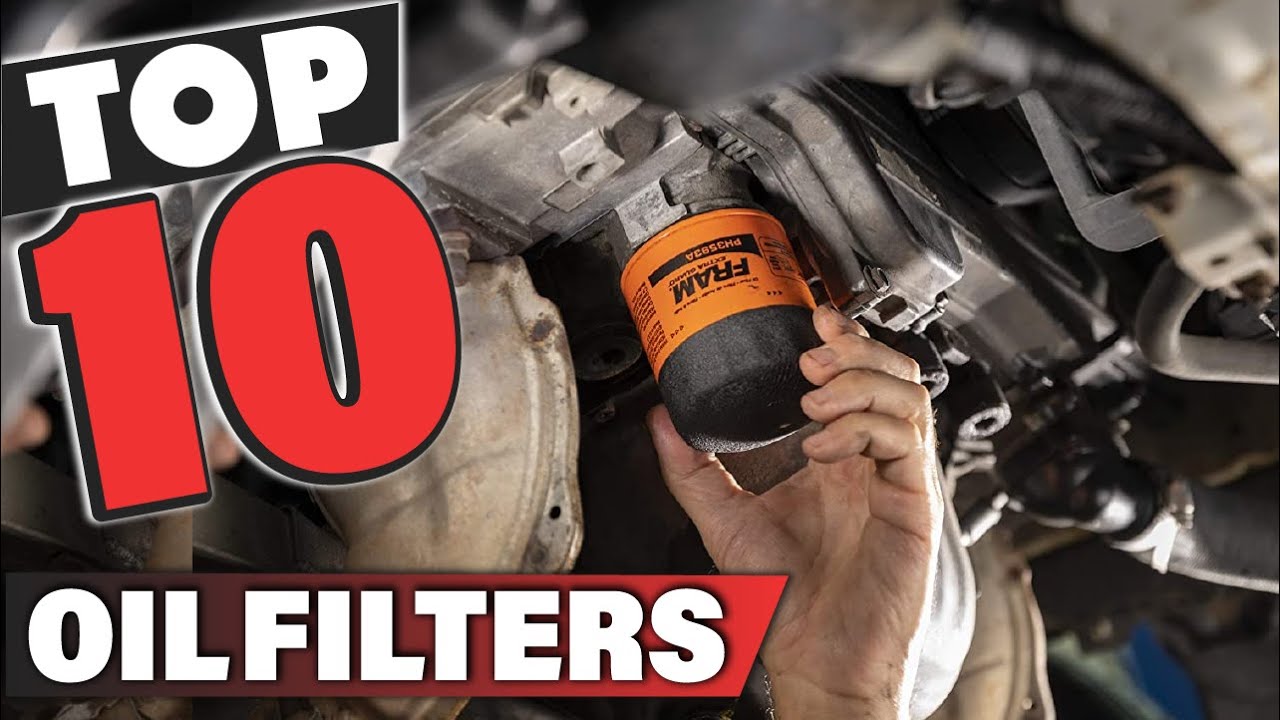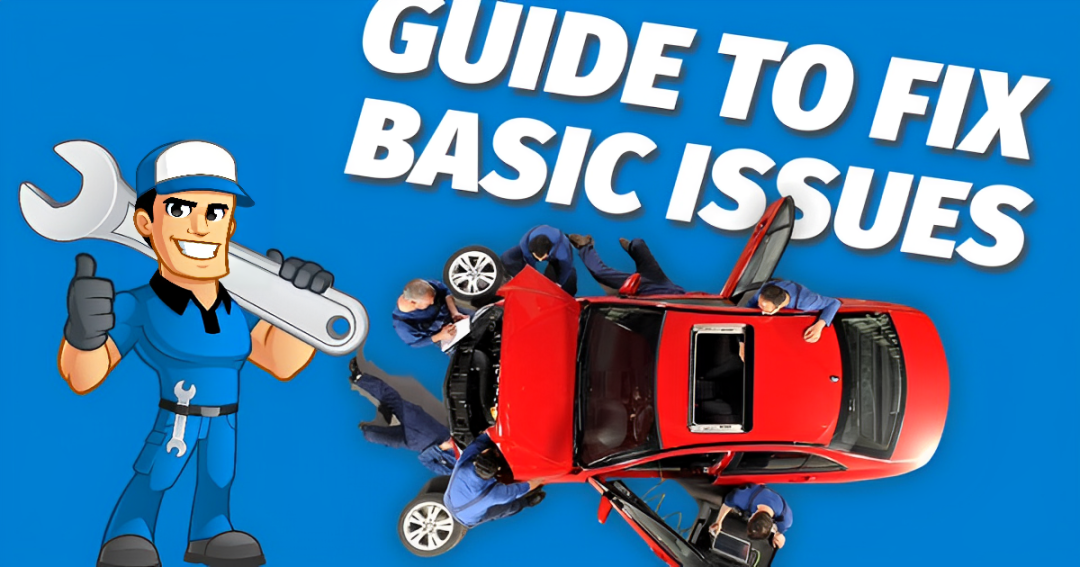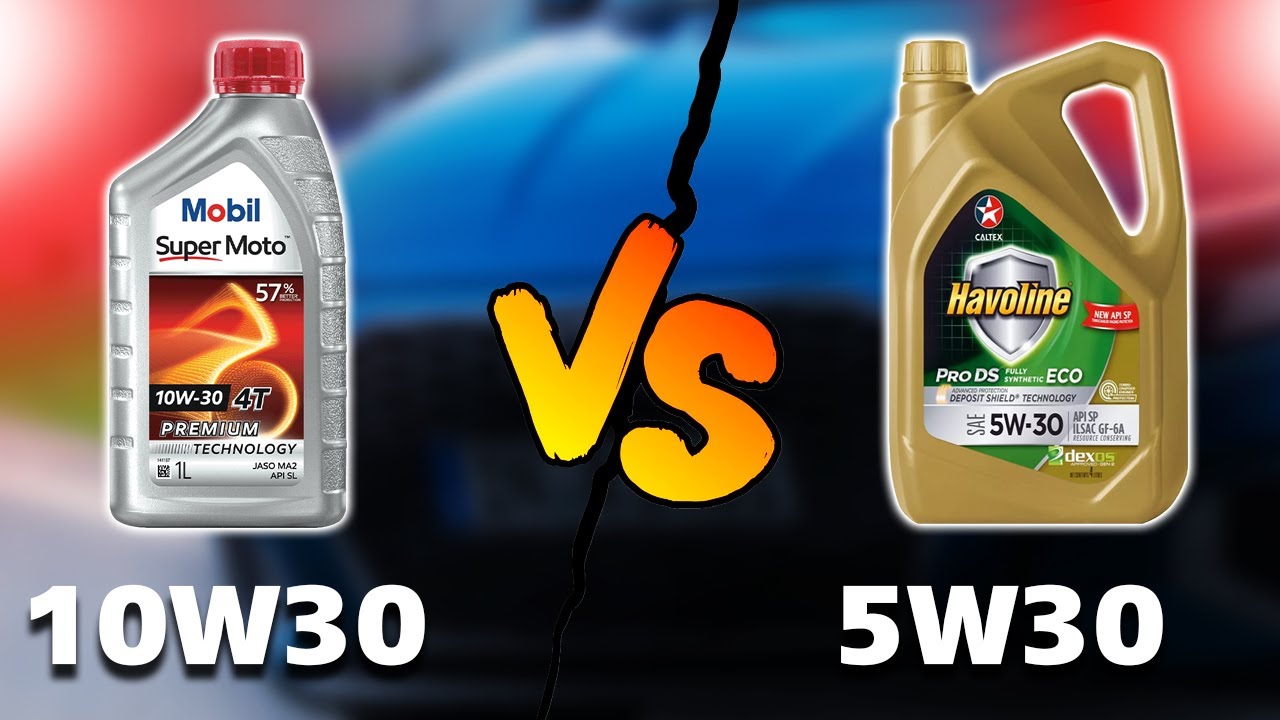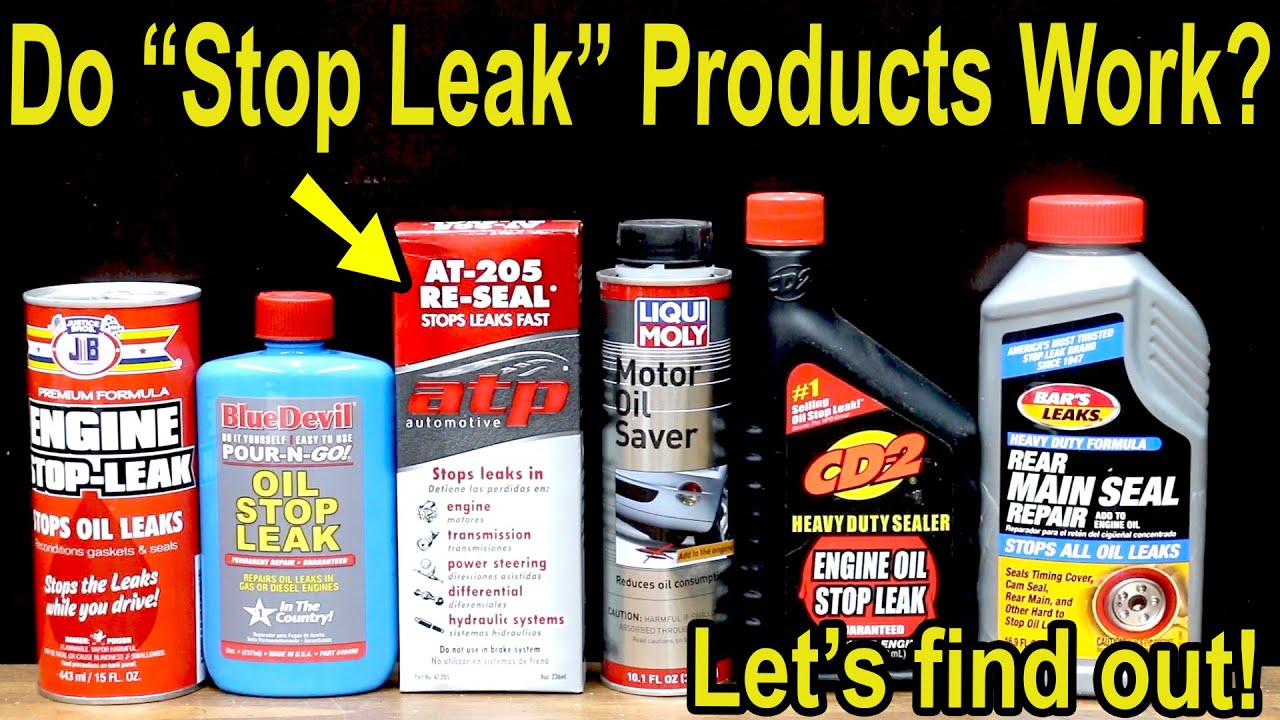A car engine burning oil can be a cause for concern, leading to various issues such as decreased fuel efficiency, increased emissions, and potential damage to engine components. However, addressing this problem doesn’t always have to break the bank. One cost-effective solution is to focus on the often-overlooked PCV (Positive Crankcase Ventilation) valve.
Importance of PCV Valve in Engine Function
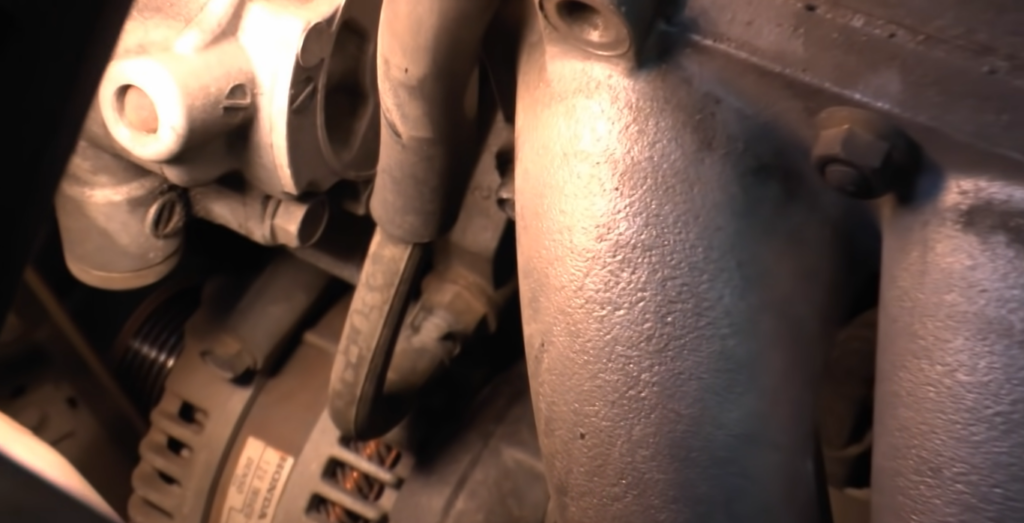
The PCV valve plays a crucial role in preventing pressure build-up inside the engine. This pressure can lead to various issues, including seal damage. The transition from old venting systems to the modern PCV valve highlights the effectiveness in maintaining optimal engine performance. Understanding the role of the PCV valve sets the stage for addressing oil-burning issues.
Locating and Replacing the PCV Valve
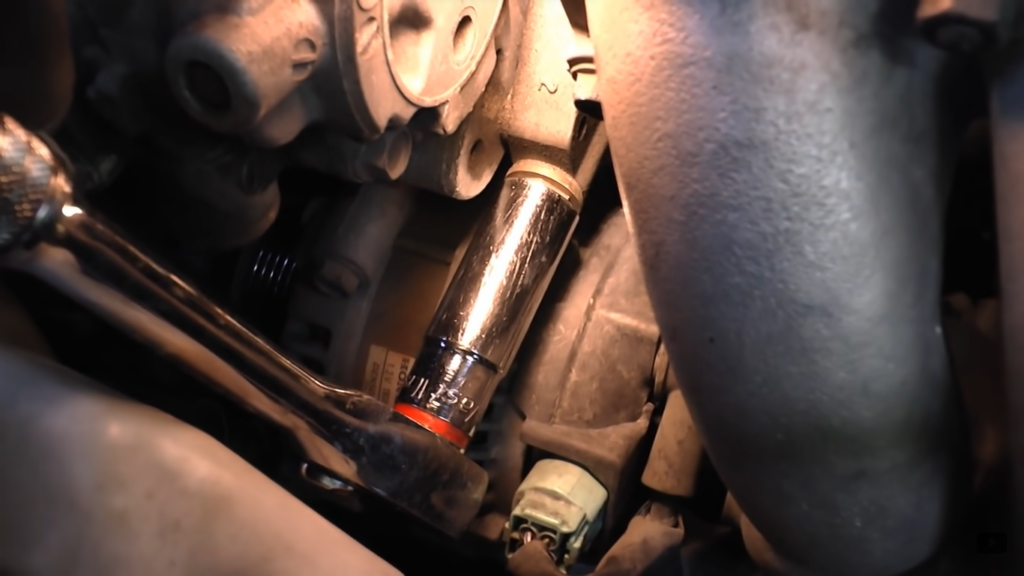
Modern engines often pose a challenge when it comes to finding and accessing the PCV valve. The PCV valve is often hidden and neglected by car owners, but checking and cleaning or replacing it every three to four years with a carburetor spray cleaner can help optimize engine performance.
To locate the PCV valve in a Honda, start by opening the hood and looking for the engine’s air intake. The PCV valve is usually located near the air intake, and it may be connected to a vacuum hose.
Once you’ve located the PCV valve, remove the vacuum hose and unscrew the valve from the engine block. You can then test the valve by blowing into it; if it’s working correctly, you should feel resistance when you blow, and you should hear a hissing sound when you remove your finger. If the valve is faulty or clogged, you can replace it with a new one, which typically costs around $10.
Additional Tips for Maintaining Your Car Engine
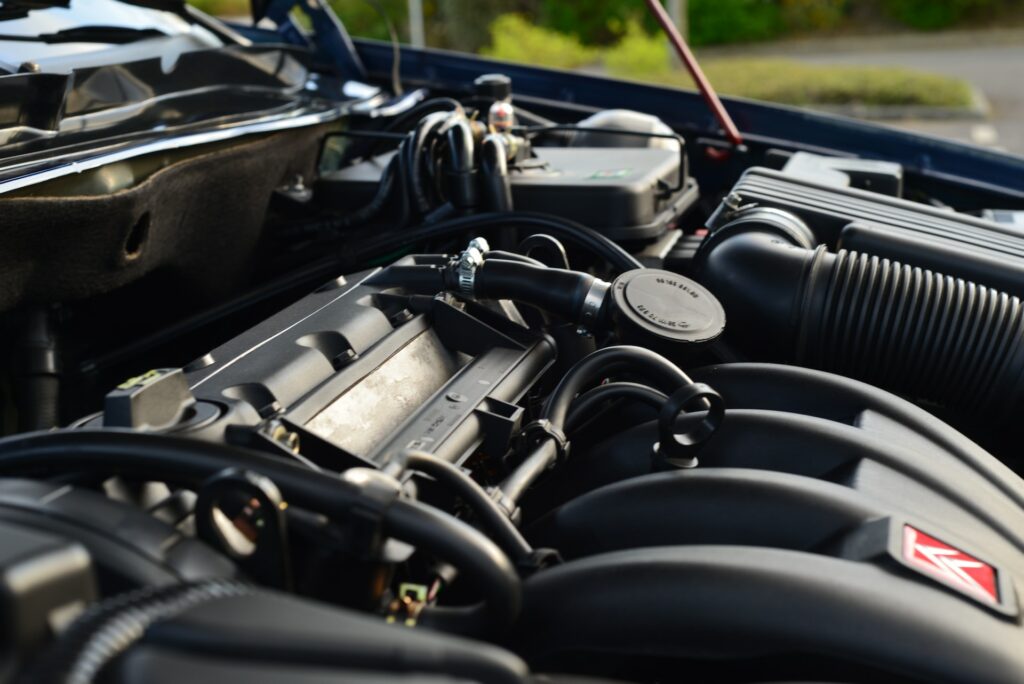
In addition to checking and replacing the PCV valve, there are several other steps you can take to maintain your car engine and prevent it from burning too much oil. These include:
- Checking the oil level regularly and topping up as needed
- Using the correct oil viscosity for your car and driving conditions
- Avoiding short trips, which can cause the engine to run inefficiently and burn more oil
- Checking the spark plugs and replacing them as needed
- Avoiding excessive idling, which can cause the engine to run rich and burn more fuel
By following these tips and checking and replacing the PCV valve regularly, you can help ensure that your car engine runs efficiently and doesn’t burn too much oil.
Conclusion
Addressing a car engine that burns oil doesn’t always require a hefty investment. By focusing on the often neglected PCV valve, car owners can make a significant impact on engine performance for just $10. Understanding the importance of the PCV valve, locating it in modern engines, and following a simple replacement guide can contribute to a more efficient and cost-effective solution for addressing oil-burning issues in your vehicle.
FAQs
Q: How often should I check and replace the PCV valve?
A: It’s recommended to check and clean or replace the PCV valve every three to four years for optimal engine performance.
Q: How much does a new PCV valve cost?
A: A new PCV valve typically costs around $10.
Q: What are some common causes of excessive oil burning in car engines?
A: Common causes of excessive oil burning in car engines include a faulty or clogged PCV valve, worn-out piston rings, and damaged cylinder walls.
Q: How can I prevent my car engine from burning too much oil?
A: To prevent your car engine from burning too much oil, you can check and replace the PCV valve regularly, use the correct oil viscosity, avoid short trips, check the spark plugs, and avoid excessive idling.
Q: Can a clogged air filter cause excessive oil burning in car engines?
A: Yes, a clogged air filter can cause the engine to run inefficiently and burn more fuel, which can lead to excessive oil burning. It’s essential to check and replace the air filter regularly to ensure optimal engine performance.
